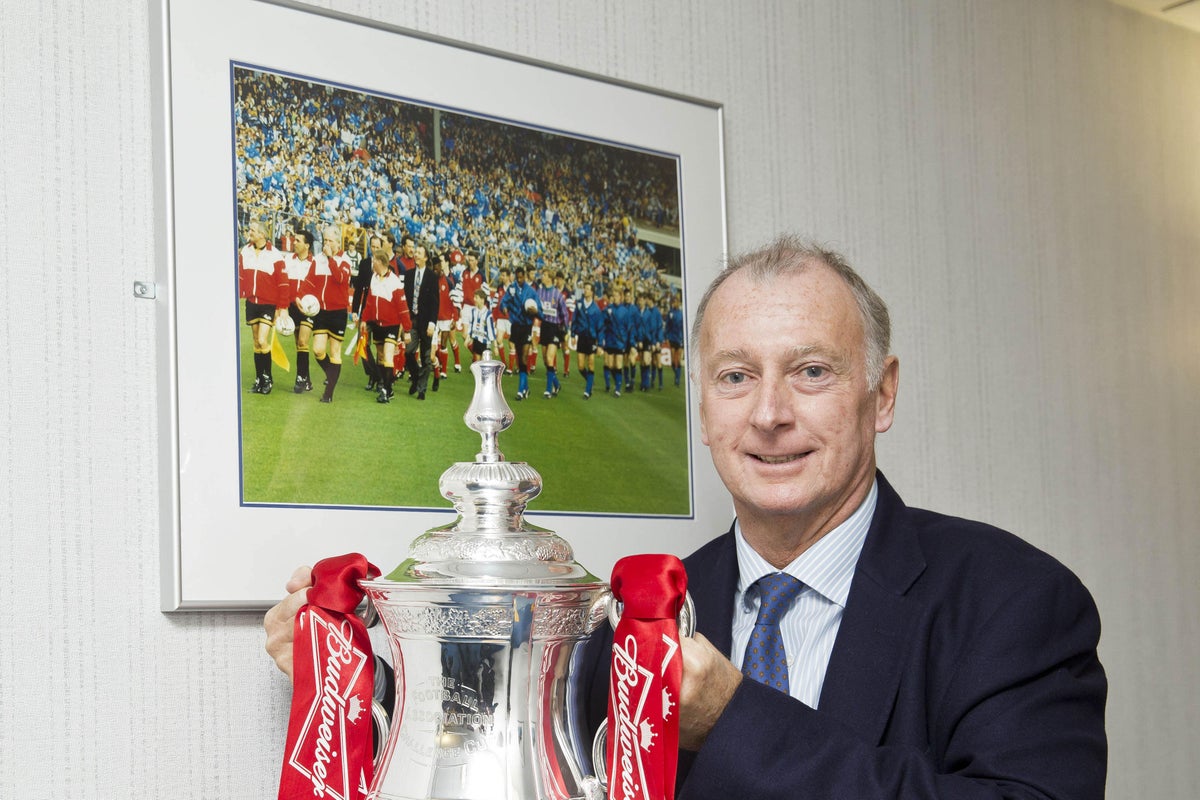
Trevor Francis, British football’s first £1m player, has died at the age of 69.
The ex-Birmingham City striker, who scored Nottingham Forest’s winner in their 1979 European Cup final triumph, earned 52 England caps and later guided Sheffield Wednesday and Birmingham to major finals as a manager.
Plymouth-born Francis burst onto the scene as a teenager with Birmingham, making his first-team debut at 16 in 1970.
“He died in Spain this morning from a heart attack,” said a spokesman.
Forest shattered the British transfer record when they paid £1.15m for him in 1979, although manager Brian Clough famously claimed the fee was £999,999 to take pressure off the player.
He started his career at Birmingham, playing 328 times and scoring 133 goals. In 1971, at just 16-years-old, he became the youngest ever player to score four times in Football League history in Blues’ 4-0 win over Bolton.
He earned his record move to Forest in 1979 and headed the winner in the 1-0 victory over Malmo to win the European Cup just a few months later.
Francis missed the European Cup win over Hamburg a year later through injury and joined Manchester City in 1981. Spells at Sampdoria, where he won the Coppa Italia, Atalanta, Rangers and QPR – where he was player-manager – followed.
He moved to Sheffield Wednesday in 1990 before he replaced Ron Atkinson as manager. Under Francis, the Owls finished third in the old First Division in his first season in charge before finishing seventh in the newly created Premier League while also being runners up in the FA Cup and League Cup.
He left in 1995 and returned to Birmingham the following year, reaching the play-offs three times and also the 2001 League Cup final where they lost to Liverpool.
Francis left St Andrew’s in October 2001 and joined Crystal Palace soon after, leaving the Eagles in 2003 in what was his last job.
Francis spent half a year in Spain and the rest in Solihull. He suffered a heart attack 11 years ago and had kept himself fit with daily power walks.
He had an annual health check through the League Managers’ Association and, according to his spokesman, was “enjoying life very much having eventually got over the death of his wife”.
Helen passed away in 2017 after a battle with cancer.







